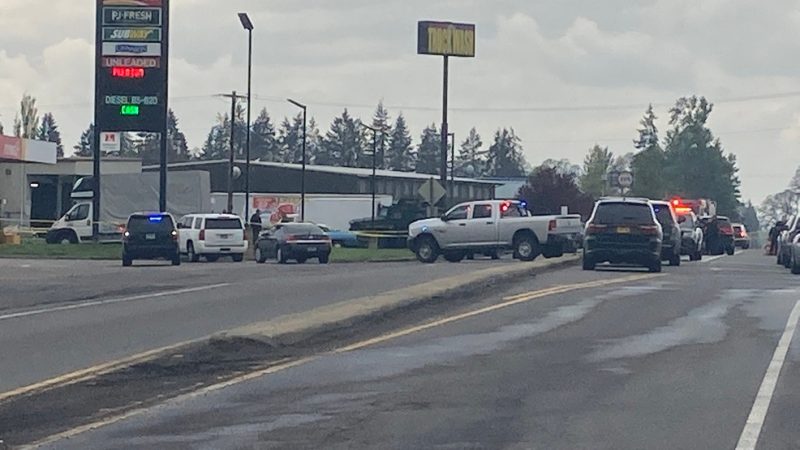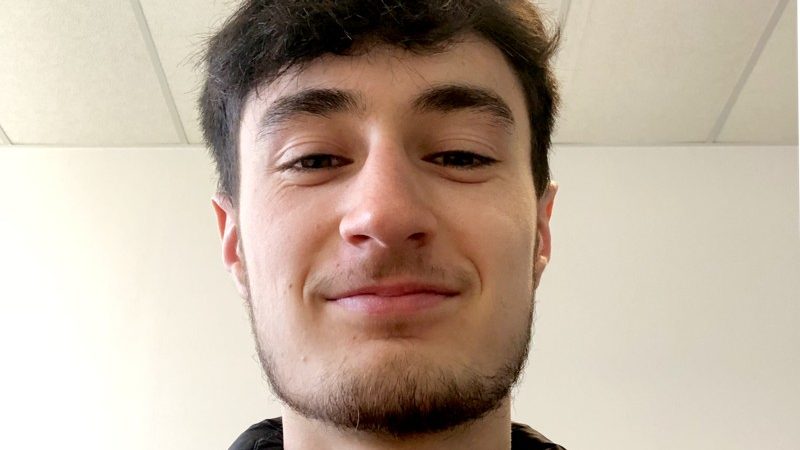Nurturing Romance Behind Bars: The Unspoken Language of Asante Love During Lockup

Love is a powerful force that knows no boundaries, and perhaps nowhere is this more evident than in the unlikely setting of incarceration. Asante love during lockup is a testament to the resilience of human connection, transcending the physical confines of prison walls. In this article, we delve into the intricacies of love behind bars, exploring the challenges faced by couples separated by incarceration and the unique ways in which they navigate the complexities of maintaining a relationship.
The Unseen Challenges:
When one partner is incarcerated, the relationship is faced with a myriad of challenges that can strain even the strongest bonds. Physical separation, limited communication, and the stigma associated with having a loved one in prison are just a few of the hurdles couples must overcome. In the case of Asante love during lockup, where one or both partners may be of African descent, cultural factors and systemic issues within the criminal justice system add an extra layer of complexity.
Cultural Dynamics:
Asante, a group of people from the Akan ethnic group in Ghana, have a rich cultural heritage that places a strong emphasis on community and family ties. When a member of the Asante community is incarcerated, the impact is felt not only by the individual but also by their extended family and community. The stigma associated with having a family member in prison can be particularly challenging, leading to social isolation and strained relationships.
Communication Challenges:
Maintaining a connection with a loved one in prison is often easier said than done. Visitation restrictions, limited phone calls, and the absence of face-to-face communication make it difficult for couples to nurture their relationship. Asante love during lockup, like any other form of long-distance love, relies heavily on written correspondence, occasional visits, and, where possible, phone conversations. These modes of communication become the lifeline for couples striving to keep their connection alive.
Emotional Toll:
The emotional toll of incarceration is profound for both the incarcerated individual and their partner. Asante love during lockup involves coping with the emotional strain of separation, uncertainty about the future, and the challenges of maintaining trust in the face of isolation. Emotional support, both from within the Asante community and external networks, plays a crucial role in helping couples navigate these trying times.
Resilience and Adaptability:
Despite the challenges, many couples find ways to nurture their love and maintain a sense of normalcy within the constraints of incarceration. The ability to adapt to the circumstances, express love through creative means, and find strength in the face of adversity showcases the resilience of Asante love during lockup. From sharing handwritten letters to creating art and crafts during visitations, couples develop unique rituals to reinforce their emotional connection.
Legal System Disparities:
A critical aspect of Asante love during lockup is the recognition of systemic disparities within the criminal justice system. Racial and ethnic minorities, including the Asante community, often face disproportionate rates of incarceration. Addressing these systemic issues becomes an integral part of supporting couples affected by incarceration and advocating for change within the legal system.
Community Support:
The Asante community, known for its strong sense of unity, plays a pivotal role in providing support to couples navigating love during lockup. Whether through organized support groups, communal gatherings, or financial assistance, the community becomes a crucial source of strength for those facing the challenges of incarceration. Acknowledging the collective responsibility to uplift and support one another fosters a sense of belonging and solidarity.
Hope for the Future:
Despite the hardships, couples experiencing Asante love during lockup often maintain hope for a brighter future. Education and advocacy efforts within the community strive to address the root causes of incarceration disparities, while legal reform movements aim to create a fairer and more just system. The resilience of these couples reflects a commitment to love that transcends circumstances, inspiring hope for a future where systemic issues are dismantled, and families can thrive without the shadow of incarceration.
Conclusion:
Asante love during lockup is a testament to the enduring nature of human connection. Despite the challenges posed by incarceration, couples find ways to nurture their relationships, drawing strength from their cultural heritage, community support, and the power of love itself. Understanding and addressing the unique dynamics of Asante love during lockup not only helps support those currently facing these challenges but also contributes to the broader conversation on criminal justice reform and the importance of maintaining human connections in the face of adversity.
What is Asante Love during lockup?
A1: Asante love during lockup refers to the romantic relationships involving individuals from the Asante community, an Akan ethnic group in Ghana, where one or both partners are experiencing incarceration. This unique form of love faces challenges related to the cultural dynamics of the Asante community, the impact of incarceration on relationships, and the systemic issues within the criminal justice system.
Q2: What cultural factors influence Asante love during lockup?
A2: The Asante community places a strong emphasis on family ties and community. When a member of the community is incarcerated, the impact is felt not only by the individual but also by their extended family and community. The cultural dynamics include dealing with the stigma associated with having a family member in prison, social isolation, and the challenge of upholding cultural values in the face of incarceration.
Q3: How do couples maintain communication during incarceration?
A3: Communication during incarceration is often limited, involving written correspondence, occasional visits, and, where possible, phone conversations. Asante love during lockup relies on creative means of expressing affection, such as sending handwritten letters, creating art, and developing unique rituals during visitations. These modes of communication become crucial for maintaining emotional connections.
Q4: What emotional toll does incarceration take on Asante love during lockup?
A4: The emotional toll is profound for both the incarcerated individual and their partner. Separation, uncertainty about the future, and the challenges of maintaining trust in the face of isolation contribute to the emotional strain. Emotional support, both from within the Asante community and external networks, plays a crucial role in helping couples navigate these trying times.
Q5: How do Asante couples adapt to the challenges of incarceration?
A5: Despite challenges, many couples demonstrate resilience by adapting to their circumstances. They find creative ways to express love and maintain a sense of normalcy within the constraints of incarceration. Whether through sharing letters, creating art, or developing unique visitation rituals, couples showcase their ability to adapt and strengthen their emotional connection.
Q6: Are there systemic issues within the criminal justice system that impact Asante love during lockup?
A6: Yes, racial and ethnic minorities, including the Asante community, often face disproportionate rates of incarceration. Systemic issues within the criminal justice system, such as racial profiling and disparities in sentencing, contribute to the challenges faced by Asante couples. Addressing these issues becomes an integral part of supporting affected couples and advocating for broader legal reform.
Q7: How does the Asante community provide support to couples experiencing Asante love during lockup?
A7: The Asante community, known for its strong sense of unity, plays a pivotal role in providing support to couples facing incarceration. This support may manifest through organized support groups, communal gatherings, and financial assistance. Acknowledging the collective responsibility to uplift and support one another fosters a sense of belonging and solidarity within the community.
Q8: Is there hope for the future for couples experiencing Asante love during lockup?
A8: Despite hardships, many couples maintain hope for a brighter future. Education and advocacy efforts within the community aim to address the root causes of incarceration disparities, while legal reform movements strive to create a fairer and more just system. The resilience of these couples reflects a commitment to love that transcends circumstances, inspiring hope for a future where systemic issues are dismantled, and families can thrive without the shadow of incarceration.






